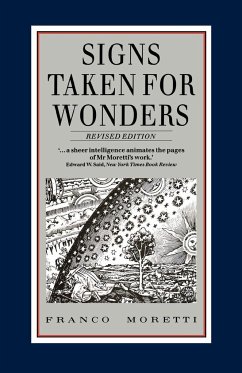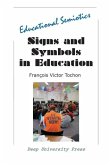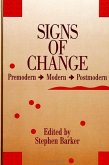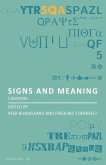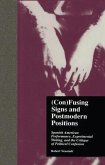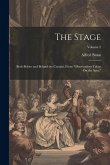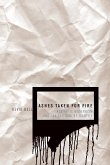Shakespearean tragedy and Dracula, Sherlock Holmes and Ulysses, Frankenstei and The Waste Land—all are celebrated “wonders” of modern literature, whether in its mandarin or popular form. However, it is the fact that these texts are so central to our contemporary notion of literature that sometimes hinders our ability to understand them. Franco Moretti applies himself to this problem by drawing skillfully on structuralist, sociological and psycho-analytic modes of enquity in order to read these texts as literary systems which are tokens of wider cultural and political realities. In the process, Moretti offers us compelling accounts of various literary genres, explores the relationships between high and mass culture in this century, and considers the relevance of tragic, Romantic and Darwinian views of the world.
Hinweis: Dieser Artikel kann nur an eine deutsche Lieferadresse ausgeliefert werden.
Hinweis: Dieser Artikel kann nur an eine deutsche Lieferadresse ausgeliefert werden.

